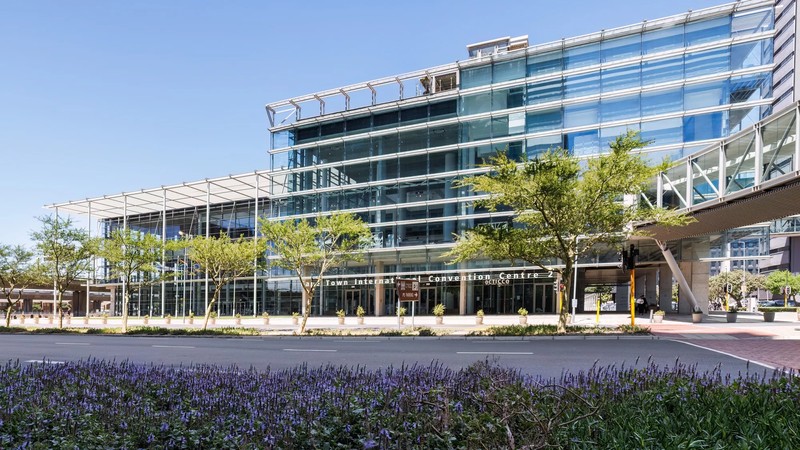Why City of Cape Town is considering selling its CTICC shares
The City of Cape Town is currently asking residents for their thoughts on a big decision: selling its main share in the Cape Town International Convention Centre (CTICC).
The proposal has ignited a debate among City officials and opposition councillors, leaving residents puzzled about the specific details involved.
What is the CTICC?
The CTICC is a large conference centre in Cape Town, which opened in 2003. It was originally set up by the City of Cape Town, the Western Cape government, and private businesses.
Its main goal is to attract international and national events to Cape Town, helping the city’s economy grow and creating jobs. The City of Cape Town currently owns the largest part of the CTICC (72.7%).
Like many businesses, the CTICC was hit hard by the Covid-19 pandemic when event restrictions were in place from March 2020. During this tough time, the City of Cape Town even approved buying more shares (up to R200 million) to help the centre keep running.
Now five years later, the pandemic restrictions are lifted and the CTICC expects to see a positive operating profit for the first time since before Covid-19. The CTICC is now expected to generate its “own cash resources” and probably won’t need to sell more shares to the City for funding this year. This means it’s financially self-sufficient. In light of this, it begs the question: Why the proposal to sell?
Why does the City of Cape Town want to sell the CTICC?
Despite the CTICC’s strong recovery, the City of Cape Town is looking into selling its shares. City spokesperson Luthando Tyhalibongo told IOL that the budget documents showing the recovery are “outdated” in the context of the sale discussion.
Accoring to Tyhalibongo, the City’s main reasons for considering the sale are:
- The CTICC has “performed well and reached a level of maturity”.
- The City wants to keep the land as a City asset, but allow private companies to help the CTICC grow even further.
- Selling the shares could provide a “massive injection into critical public infrastructure for service delivery”. It would also mean that private companies, not the City or its residents, would take on the risks and costs of expanding the CTICC.
It’s important to note that no final decision has been made yet.
The City is currently asking for public comments on the proposal.
Tyhalibongo said that if the sale goes ahead, the CTICC would become a private company, but its current role as a convention centre would remain a condition of sale. The City also confirmed that the CTICC already pays municipal rates like any other business.
Councillor Wesley Neumann from the GOOD Party is strongly against the proposed sale, calling the CTICC a “public jewel, created through the sacrifices and contributions of ordinary ratepayers”.
He argues that the public is being asked to comment “in the dark” because not enough financial details have been fully disclosed to councillors.
The public participation process is ongoing, and the City Council will carefully consider all comments before deciding whether to move forward with engaging potential investors.
IOL

